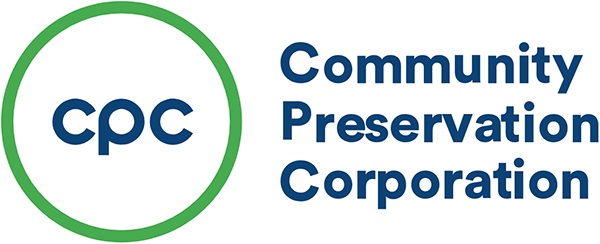City & State
March 30, 2015
Corporate Social Responsibility is undoubtedly one of the most important trends in business today. Customers increasingly expect the companies they do business with to be engaged in doing good. This is especially true among Millennials, many of whom believe that good corporate citizenship should be as central to a company’s mission as making profits. Here in New York, there are probably more businesses – large and small – engaged in more aspects of Corporate Social Responsibility than anyplace else in the world.
So, what exactly is Corporate Social Responsibility? For many, CSR is a broad umbrella that covers everything from philanthropy to environmental stewardship to the treatment of workers in the developing world. Others describe it as a philosophy, an approach to commerce that counsels: “Do well by doing good.” The staff at City & State Reports wanted to refine that thought. So, we took a deep dive into the world of CSR, examined the best examples, and distilled them into series of tenets we call “The 10 Core Principles of Corporate Social Responsibility.” They are:
Charity, Customers, Diversity, Environment & Sustainability, Equity, Ethics, Privacy, Sourcing, Transparency, Volunteerism & Community Engagement
The next question was how could we promote this trend and encourage more businesses throughout the New York region to embrace the principles of CSR? Answer: Conduct a series of events that would celebrate the best examples of CSR and the people who make it happen. From that, we created City & State Reports, whose mission is to promote CSR by shining a light on the companies that have successfully put one or more of the 10 Core Principles of Corporate Social Responsibility into practice. Along with our event and conference series, we will accomplish this goal journalistically, through our City & State media platform, and academically, through our unique partnership with the City University of New York. Which brings us to today, our inaugural CSR event, where we will honor the achievements of some of the most accomplished professionals from New York’s Real Estate, Construction and Housing sector. Over the next several months, we will spotlight other major segments of New York’s economy.
We hope you will join us over the coming year as we continue to highlight the best of CSR in New York and honor the business leaders who are doing truly great things to help strengthen the communities they serve.
Rafael E. Cestero
President & Chief Executive Officer of the Community Preservation Corporation, Excellence in the Responsible Management of a Non-Profit Organization
For New York to continue to be a desirable place for people of all backgrounds to live, its housing sector must confront two great challenges: embrace sustainable practices on a profound scale, and produce enough affordable housing to meet the demands of a growing and diverse population.
The Community Preservation Corporation, led by CEO Rafael Cestero, has shown how an organization can address both challenges at the same time.
Here’s how it works: When building owners adopt more efficient, sustainable practices, they reduce their operating costs. Lower operating costs, in turn, reduce the pressure to raise rents. The logic is simple enough. But efficiency upgrades can be expensive, which means owners often need help getting over the hump of upfront costs.
CPC’s Green Financing Initiative seeks to address both issues. “As a lender, what we try to do is make it easy for building owners to increase the amount of the loan that we’re providing them by the dollar amount it takes to make the improvement,” explained Cestero, a former commissioner of NYC’s Department of Housing Preservation and Development.
On the technical side, CPC schools building owners in simple measures they can adopt to curtail energy consumption, whether sealing windows and doors or installing efficient light fixtures and low-flow showerheads.
“We have a whole energy audit process that we go through with buildings,” Cestero said. “The built environment generates more environmental damage than any other part of our economy, and so if we can lower energy consumption in apartment buildings, that brings a significant benefit to the environment.”
A mortgage finance lender specializing in the preservation and construction of multi-family affordable housing throughout New York, CPC has served a vital role in post-Sandy rebuilding efforts, providing repair loans that enable small property owners to bring their units back online, as well as assistance navigating the bureaucratic complexities of relief aid. The not-for-profit organization has also partnered with the city to finance the construction of new homes.
“We work with small neighborhood-based owners and developers of affordable housing because we believe those owners have the same needs for financing that the big players in the city do. But the market doesn’t really provide for that need,” said Cestero, whose organization’s aim is to achieve comprehensive neighborhood revitalization. “Our mission is to provide those owners with the capital they need in order to maintain and sustain their buildings as stable, affordable places for people to live.”
